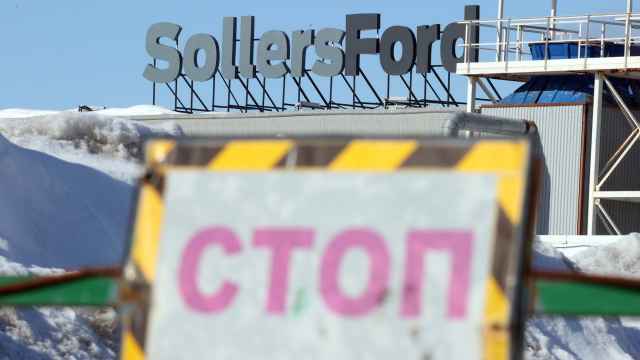Russia’s top carmaker is facing a car paint shortage, limiting color options for car-buyers to white, black and dark green, Vedomosti business newspaper reported Monday.
Representatives of AvtoVaz told the publication that its flagship Lada models have been available in white and black instead of the original six to eight colors since late 2022. Its Niva model is only available in dark green.
The reported shortage marks the latest example of sanctions over the invasion of Ukraine impacting the country’s automotive industry.
Experts say Russia’s shortage is hampered by low-quality foreign replacements and the near-absence of domestic automotive paint makers, which make up 5% of the industry, with Western sanctions forcing European providers to suspend business.
AvtoVaz says the shortage of automotive paints, which they expect to last until the end of March 2023, has not affected demand in light of an overall shortage of vehicles.
AvtoVaz sold 46% fewer cars in 2022 than the previous year as overall car sales dropped by nearly 59% last year.
But after Western brands' exit from Russia over the invasion of Ukraine, AvtoVaz catapulted to the top of Russia’s car sales with a 27.4% share of the market.
Experts also note that shortages of other components are more critical to AvtoVaz’s line of cars.
CEO Maxim Sokolov highlighted earlier this month the “high risk” car part shortages due to supply chain disruptions.
A Message from The Moscow Times:
Dear readers,
We are facing unprecedented challenges. Russia's Prosecutor General's Office has designated The Moscow Times as an "undesirable" organization, criminalizing our work and putting our staff at risk of prosecution. This follows our earlier unjust labeling as a "foreign agent."
These actions are direct attempts to silence independent journalism in Russia. The authorities claim our work "discredits the decisions of the Russian leadership." We see things differently: we strive to provide accurate, unbiased reporting on Russia.
We, the journalists of The Moscow Times, refuse to be silenced. But to continue our work, we need your help.
Your support, no matter how small, makes a world of difference. If you can, please support us monthly starting from just $2. It's quick to set up, and every contribution makes a significant impact.
By supporting The Moscow Times, you're defending open, independent journalism in the face of repression. Thank you for standing with us.
Remind me later.






